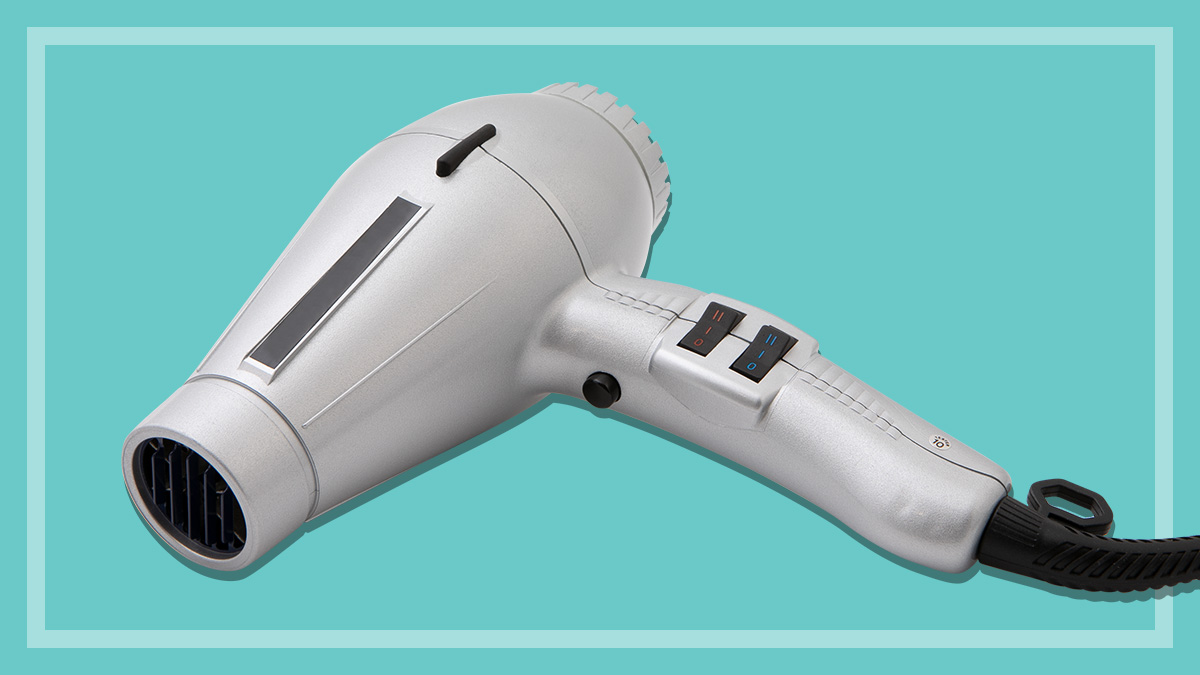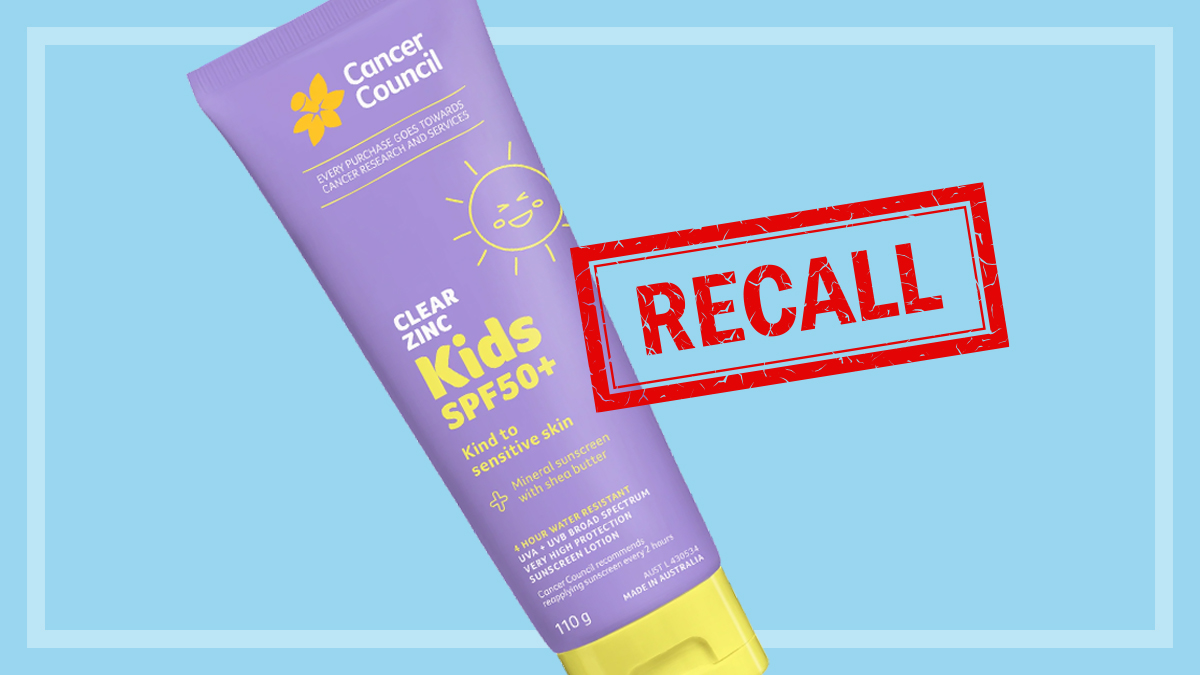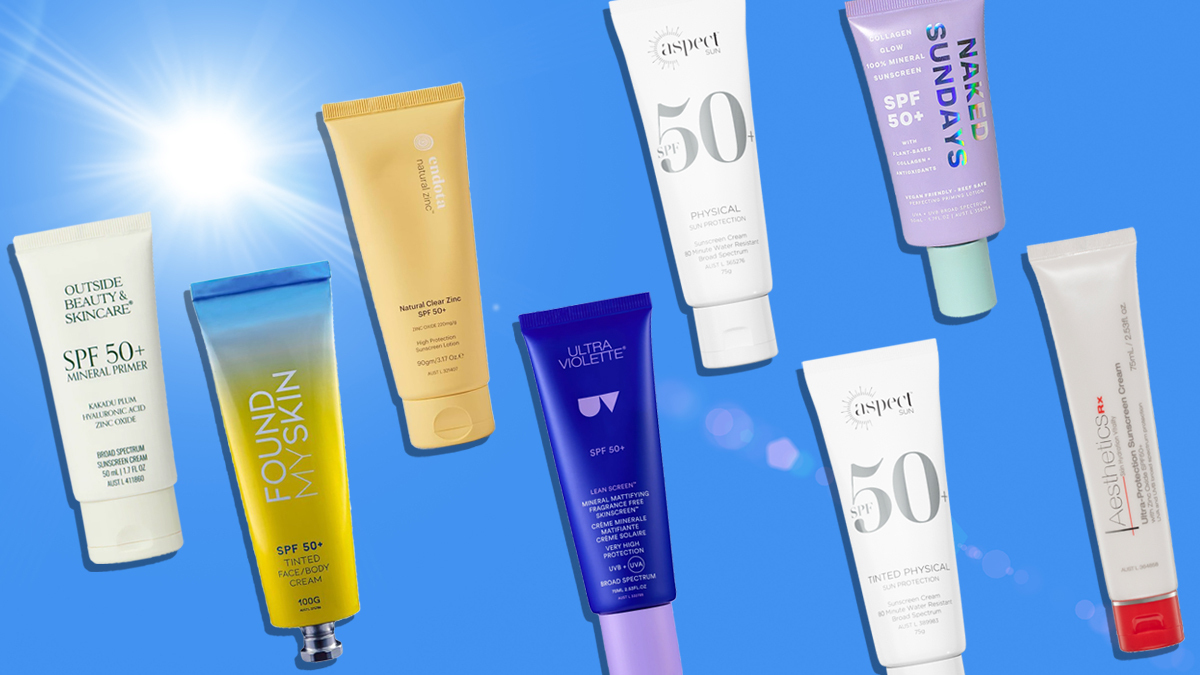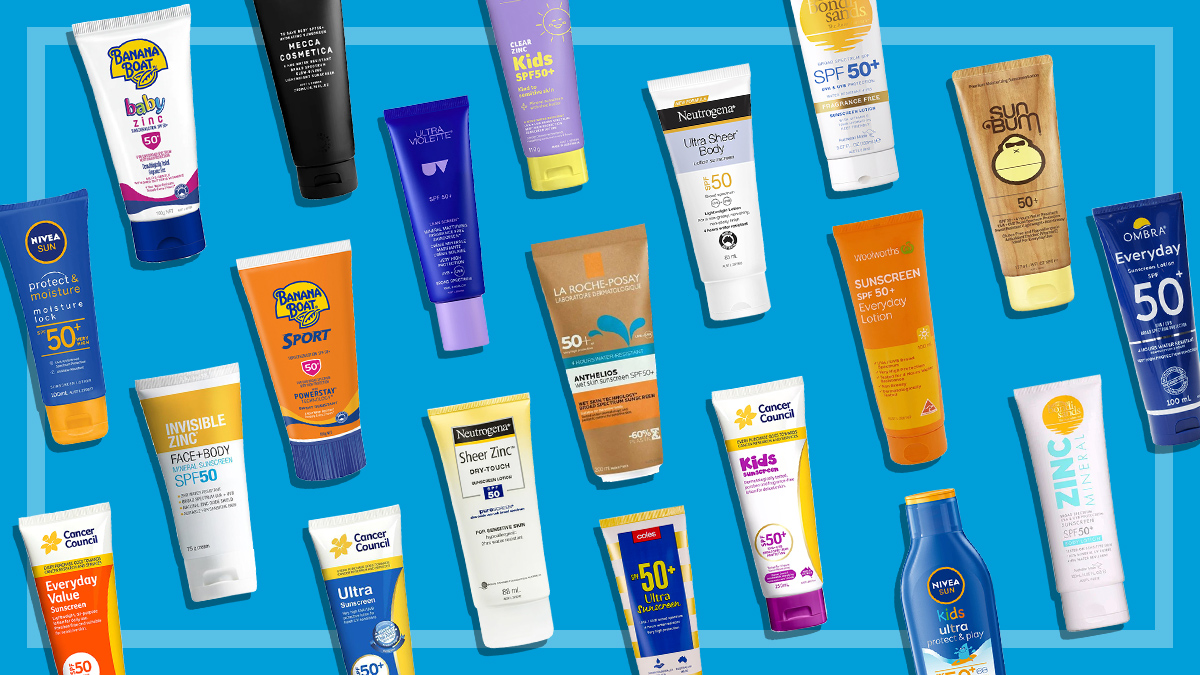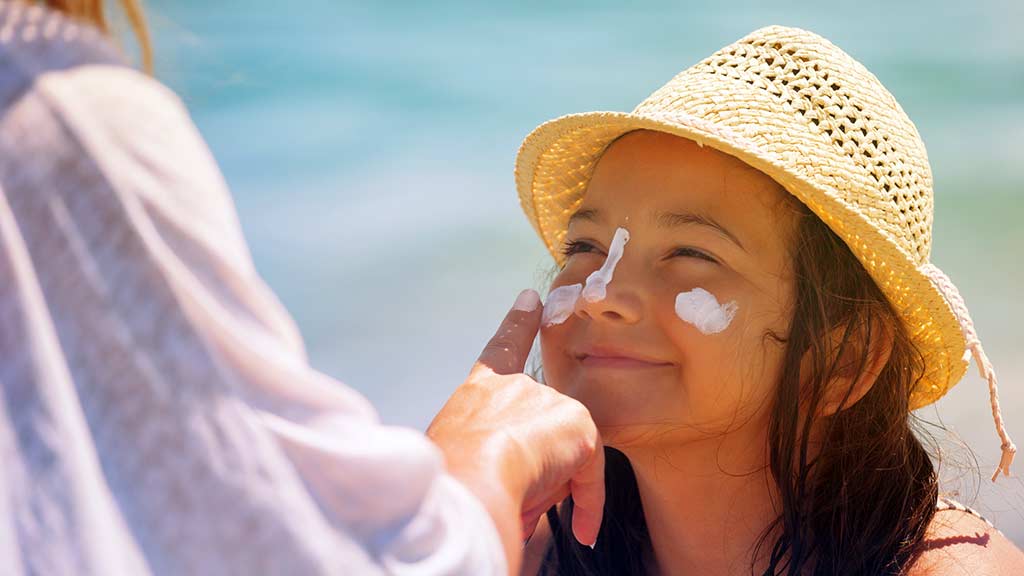Get our independent lab tests, expert reviews and honest advice.
White Knight hand sanitiser recalled by ACCC
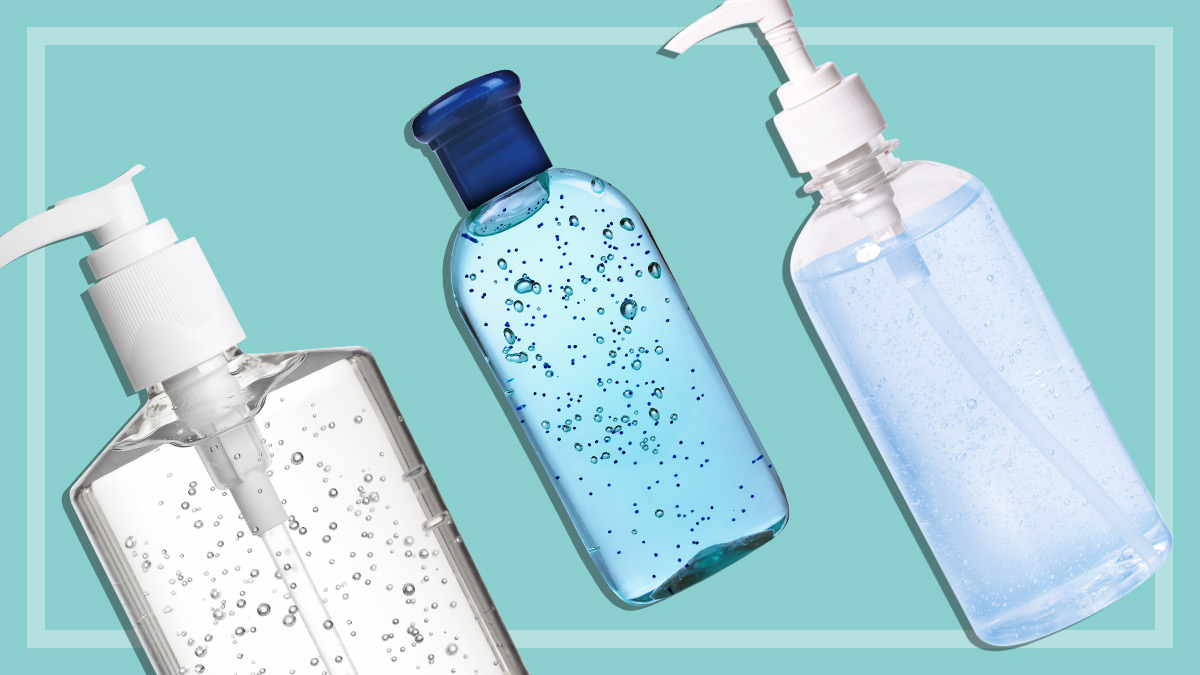
Need to know
- White Knight hand sanitiser has been recalled by the ACCC, after CHOICE testing found it didn't contain the recommended quantity of alcohol to be effective
- Government says the ACCC is finalising a new information standard to improve the safety of hand sanitisers
Since we first started testing the alcohol of hand sanitisers in July, CHOICE has found two products that failed to meet the minimum required alcohol content to be effective.
First we found that Air Clean Instant Hand Sanitiser from clothing company Mosaic Brands contained just 23% alcohol content, even though it was labelled as containing 70% alcohol.
In September, we published results of testing on another 29 products, all of which passed.
Then in November we found that a White Knight hand sanitiser also failed to meet its stated alcohol content. The ACCC has now recalled two of that brand’s products.
Hand sanitiser testing round 3: What we found
Following publication of our second round of testing results and thanks to donations from more than 300 CHOICE members and supporters to help fund the tests, we commissioned Australia’s National Measurement Institute (NMI) to test another batch of locally bought hand sanitisers for alcohol content.
This latest test yielded mixed results.
On the one hand, we can add another 27 products to the list of hand sanitisers that consumers can use with the assurance that they’ll offer some protection against COVID-19, especially when washing your hands is not an option.
But unfortunately one product we tested, White Knight Hand Sanitiser 500ml, failed to meet the 60% threshold, though the product’s label says either 70% or 75% alcohol.
We brought this to the attention of the ACCC, and White Knight Antibacterial Hand Sanitiser 500ml and White Knight Sweet Berry Antibacterial Hand Sanitiser 500ml have now been recalled by the regulator. (The products are sold in clear, white and clear brown plastic bottles).
As the ACCC has warned, consumers should immediately stop using these products and return them for a full refund.
The recommended minimum alcohol content for effective hand sanitisers ranges from 60% to 80%, depending on the type of alcohol. The WHO standard is 80% ethanol or 75% isopropyl alcohol. Australia’s Therapeutic Goods Administration (TGA) calls for at least 60% alcohol.
With so much variation in the percentage of alcohol found in our testing – from 61% up to 94% – we wondered if more alcohol means a better product.
Professor Andrew McLachlan, dean of pharmacy at Sydney University’s School of Pharmacy, says evidence supports a recommendation for hand sanitiser products that contain more than 60% alcohol.
At least 60% is needed to effectively disrupt the viral envelope (which is how alcohol works against viruses)
Professor Andrew McLachlan, dean of pharmacy, Sydney University
“The TGA’s recommendation of at least 60% makes sense and this is supported by some published evidence,” he said.
But that doesn’t mean that more alcohol is better.
“At least 60% is needed to effectively disrupt the viral envelope (which is how alcohol works against viruses). For some people, higher alcohol content may be more irritant to the skin, especially because it can dry out the skin if used frequently. This is why many hand sanitisers might also include emollients or moisturisers,” he explains.
One issue that emerged during our testing was the problem of the margin of error in testing. If a test shows that a hand sanitiser has alcohol content of 60%, a 10 percentage point margin of error – which is what the gas chromatography method used in our test carries – would mean the actual result could be between 54% and 66%. Does that mean that a result showing alcohol content in the low 60s shouldn’t be trusted? No, says Professor McLachlan.
Make washing your hands with soap and water your first choice and when this isn’t an option, choose a hand sanitiser that contains at least 60% alcohol
“All analytical tests carry some margin of error. It is good to understand the accuracy – how close the test measures according to the actual true content; and precision – how reproducible is the test. A labelled hand sanitiser product measured at 60% is acceptable in my view,” he says.
This is a nuanced subject. Percentages of alcohol, different types of alcohol, margins of error – these and other variables can make it difficult to know which products can be trusted. The short answer is to make washing your hands with soap and water your first choice and when this isn’t an option, choose a hand sanitiser that contains at least 60% alcohol.
Our spot checks found these products contained less than 60% alcohol:
Air Clean Instant hand sanitiser 23%
White Knight Antibacterial Hand Sanitiser 500mL 52%
Our spot checks found these products contained more than 60% alcohol:
1st Care Instant Hand Sanitiser Gel 500mL 64%
1st Guard Hand Sanitizer 80% alcohol 575mL 81%
2Pure Instant Liquid Hand Sanitiser 300mL 78%
Aldi Tricare Instant Hand Sanitiser 250ml 76%
Aqium Antibacterial Hand Sanitiser Ultra 375mL 72%
Archie Rose Hand Sanitiser 250mL 65%
Bactive Hand Sanitiser 50mL 85%
Ballaray Hand and household Sanitizer spray with Australian Tea Tree Oil 100mL 79%
Band-Aid Iso-propyl Alcohol With Moisturiser 250mL 63%
Brookies Hand & surface Sanitiser 500mL 72%
Bug-grrr Off Eucyl Antibacterial Hand Sanitiser Gel 50mL 66%
Careline Care Touch Instant Hand Sanitiser 200mL 66%
Dettol Healthy Touch Instant Hand Sanitizer 50mL 68%
Elyptol Antimicrobial Hand Sanitiser Gel 250mL 73%
Euca Hand Gienic – Hygiene Alcohol Hand Rub 40mL 76
Euca Hand Sanitiser Spray Bottle 50mL 71%
Goat Antibacterial Hand Sanitiser 68% 120ml
Health+Beauty Instant Hand Sanitiser 500ml 67%
I-Fresh Instant Hand Sanitiser 500mL 75%
Isocol Multipurpose Antibacterial Lotion Spray 75ml 64%
Jaeger Australia Medi-San Antibacterial Hand Sanitiser 500mL 73%
Jasol Instant Hand Sanitiser 500mL 66%
Jasol Titan Washroom Hand Sanitiser 500mL 78%
La Clinica All-Purpose Fast Acting Hand Sanitiser 500ml 71%
Lifebuoy Hand Sanitizer 150ml 71%
Lifebuoy Hand Sanitiser Spray 50ml 94%
Luca Hand Sanitiser with wildflower scent 500mL 77%
Miaoyue 75% Alcohol Instant Hand Sanitiser 100mL 77%
My Healthstyle Instant Hand Sanitiser Gel Aloe Vera 500mL 77%
Oakwood Hand Sanitiser 100mL 79%
Oomph Instant Hand Sanitiser 500mL 73%
Orchard De Flore Wash free Instant Hand Sanitiser 500mL 62%
Our Pure Planet Antibacterial Hand Sanitiser 500mL 76%
Oz-guard Instant Hand Sanitiser 60ml 68%
Ozcare Instant Hand Sanitizer Gel 250ml 68%
Palmolive Hand Sanitiser Japanese Cherry Blossom 200ml 71%
Palmolive Hand Sanitiser Lemon and White Citrus 48ml 70%
Piksters Shield Instant Hand Sanitiser 50ml 70%
Rifeshow Blue Safety 75% Alcohol Hand Sanitizer Gel 500ml 72%
Scotts Instant hand sanitiser 1000mL 72%
Scotts Instant hand sanitiser 950mL 71%
Seven Wonders Antibacterial Hand Gel 75mL 75%
Skin Nutrient Hand Sanitiser 50ml 75%
Soap 2 Go Hand Sanitiser 1000mL 65%
Soodox Vytal Antibacterial Hand Sanitiser 200ml 80%
Soodox Vytal Antibacterial Hand Sanitiser 500ml 86%
Soodox Vytal Antibacterial Hand Sanitiser 100ml 65%
Sukin Antibacterial Hand Sanitiser Green Tea & Mint 125ml 73%
Swisscare Instant Hand Sanitizer 100mL 69%
Swisscare Instant Hand Sanitizer 30ml 67%
Thankyou Hand Sanitiser 50ml 61%
The Balnea Body Company Instant Hand Sanitiser 50ml 68%
The Balnea Body Company Instant Hand Sanitiser 200ml 66%
Trafalgar Antibacterial Hand Sanitiser 125mL 67%
Wheels & Barrow Liquid Sanitiser 250mL 72%
Woolworths Medi-pure kids Instant Hand Sanitiser 30mL 69%
X-20 Sanitising Spray 76%
We don’t have a chemistry lab at CHOICE, so we ask our colleagues at the National Measurements Institute (NMI) to conduct the hand sanitiser tests for us.
The testers use gas chromatography with flame ionisation detection (GC-FID) to measure the percentage of ethanol and isopropanol in each sample. GC-FID is internationally recognised as the gold standard method for detecting the presence and amount of these alcohols.
The percentage of alcohol described in this article was measured v/v meaning volume per volume, which is the standard for measuring concentration of liquids. NMI also uses this measurement to test the concentration of alcohol content in hand sanitisers. People should be aware that due to the density of ethanol alcohol, percentages will be different when measuring weight per volume (w/v) or weight per weight (w/w).
White Knight Hand Sanitiser: Another product failure
White Knight Hand Sanitiser (500ml bottle) is the second hand sanitiser we’ve tested that has failed to meet the 60% alcohol content needed to effectively disrupt the virus envelope. It contained only 52% alcohol, despite its label claiming 75% alcohol.
Like the other products we tested, this sample was bought online (we purchased it from pharmadeal.com.au), but we know that this product is also sold at United Petroleum petrol stations.
We contacted the distributor of the product, White Knight Sanitation Pty Ltd, an associated company of United Petroleum, to ask them for comment. They told us that the product was manufactured by Teddie Group Pty Ltd, who had been contracted to produce White Knight’s hand sanitisers.
The White Knight Hand Sanitiser 500ml bottle contained only 52% alcohol, despite its label claiming 75% alcohol
In their response they stated that they had immediately withdrawn the product from sale in all United Petroleum outlets and were conducting urgent testing of the product. They also told us they had previously cross-checked the volume of ethanol supplied against sanitiser produced by the manufacturer, and found it was consistent with the information provided by the maker. They also spoke to Teddie Group after learning of our results, who stood by their claim that the product contains at least 75% alcohol.
“White Knight’s response is what we expect to see and we thank the companies involved for taking the matter seriously,” says Dean Price, senior campaigner at CHOICE.
Hand sanitiser test result
Second brand fails spot check in independent testing:
- 52% alcohol content
- Required alcohol content for effective hand sanitiser is between 60 and 80%
- “White Knight” brand
- Sample purchased from pharmadeal.com.au
- Advertised for sale through United Petroleum
- Packaging does not contain a clear production date
- Failed sample was “Peppermint Fragrance”
- BARCODE: 9353231000310
- Claims 75% alcohol
Government says new standard is close
CHOICE is calling for better regulation of hand sanitisers sold in Australia.
The Australian Government has an opportunity to ensure that hand sanitisers are effective. We believe they should act quickly to ensure that:
- hand sanitiser contains at least 60% alcohol
- labels are easy to understand
- spot testing happens to make sure the label on the bottle matches the contents.
At the moment, most of these products aren’t required to contain a minimum amount of alcohol to ensure they’re effective against COVID-19. As we’ve seen through our testing, without stronger regulation on hand sanitisers, there’s little to stop companies selling ineffective products.
But in good news for consumers, it seems that the government is taking heed. Assistant Treasurer Michael Sukkar, who has responsibility for the Australian Consumer Law, has been working on this issue. We approached him for comment in light of these latest results.
The ACCC is finalising a proposed new information standard to improve the safety of hand sanitisers and provide consumers with a clearer understanding of the product they choose
Assistant Treasurer Michael Sukkar
“The Morrison government takes the safety of Australians very seriously. The ACCC is finalising a proposed new information standard to improve the safety of hand sanitisers and provide consumers with a clearer understanding of the product they choose,” he says.
“The new standard will require hand sanitiser products to disclose alcohol content on product packaging and include safety warnings.
“Further, the ACCC is investigating allegations that some hand sanitiser suppliers have made false or misleading claims about alcohol content. The government expects suppliers to provide safe and effective hand sanitiser products, in appropriate packaging, with relevant warnings at all times,” he adds.
Other problems with hand sanitiser
Beyond simple failure to meet the alcohol levels needed for a hand sanitiser to be effective, we’ve also identified problems with the way the information regarding alcohol content is provided, with some brands providing alcohol concentration in weight/volume, others weight/weight and others volume/volume. Without guidelines, this can make it difficult to know whether a product meets the recommended concentration of alcohol.
Other problems include inappropriate packaging that could increase the risk of ingestion, and mixtures of different kinds of alcohol (ethanol and isopropanol) which again make it difficult to know whether a product will be effective. CHOICE hopes that the new standard will also address these issues.
Hand sanitisers in the time of COVID-19
Among the many disappointing practices by businesses large and small we’ve been tracking during the COVID-19 crisis, the marketing and sales of some hand sanitiser products have been especially troubling.
Price gouging on essential items and panic marketing is bad behaviour. Selling products that promise to protect you against a deadly virus when they won’t is far worse.
In the midst of a shortage of quality hand sanitisers that would be effective against the coronavirus pathogen, many retailers who hadn’t previously sold sanitiser jumped into the market.
Price gouging on essential items is bad behaviour. Selling products that promise to protect you against a deadly virus when they won’t is far worse
Some amped up the advertising on products that wouldn’t actually protect you, such as alcohol-free hand sanitisers.
Some appear to have acted in good faith in their efforts to bring more product to market. The distilling industry, for instance, repurposed itself in some cases from makers of whisky, vodka and gin to makers of alcohol-based hand sanitiser.
According to deputy president of the Australian Distillers Association Cameron Syme, the industry produced products that met the World Health Organization (WHO) standard of 80% ethanol, with hydrogen peroxide, glycerol and distilled or boiled water.
Then there were businesses that weren’t so conscientious, in particular the women’s clothing retailer, Mosaic Brands.
After calling out Mosaic Brands for panic marketing, appalling customer service and failure to deliver hand sanitiser products, we went to the testing lab.
In CHOICE’s first test of hand sanitisers, conducted at Australia’s National Measurement Institute (NMI), we determined that a bottle of hand sanitiser sold by the Mosaic Brands store Katies (Air Clean aloe vera) contained just 23% alcohol, though the label on the bottle claimed 70%.
Mosaic Brands didn’t respond to our request for an update
That finding led us to widen the scope of our investigation. So we asked Mosaic Brands for an update on its statement in our earlier story: “We withdrew the product from sale temporarily pending further clarification. Orders for the product will not be fulfilled until we receive the results of the independent tests we are undertaking.”
We’ve heard from one Mosaic Brands customer who has received a refund for the defective product and was apparently told by customer service that the product has been recalled.
That information was not on any of the Mosaic Brands websites we checked or on the ACCC’s product recall site.
Another customer recently got in touch to tell us he’d contacted Mosaic Brands for a refund in mid-July but has yet to receive a reply.
Mosaic Brands didn’t respond to our request for an update.

